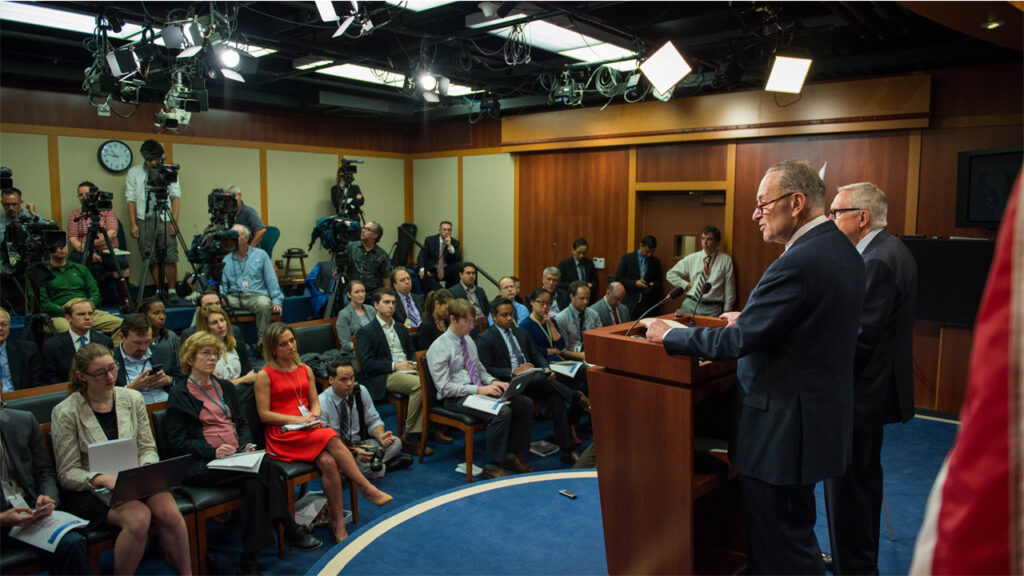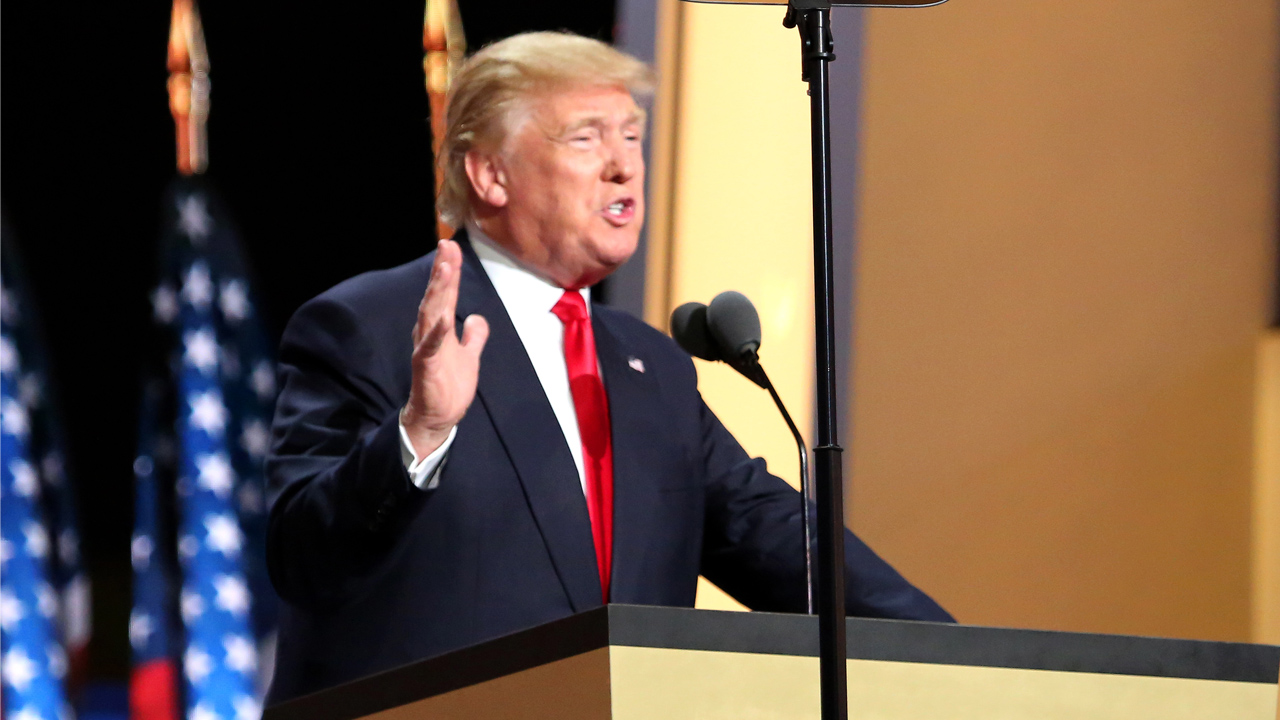The Trump administration’s government spending oversight group, known as DOGE, has made significant inroads into the Internal Revenue Service’s budget, canceling $1.5 billion in technology contracts, according to an executive involved in the effort. Sam Corcos, the chief executive of Levels, a health technology company, and a special adviser to the Treasury Department, revealed the cuts on Thursday, framing them as a critical step to streamline an agency long burdened by outdated systems and excessive reliance on external consultants. (Source: Fox News)
A Deep Cut to IRS Modernization Efforts

The reductions target the IRS’s $3.7 billion annual modernization budget, a fund separate from its $3.5 billion allocation for ongoing information technology operations. Corcos, speaking to Fox News, explained that the $1.5 billion in savings came primarily from halting projects that were complicating the agency’s technological framework. “We’ve stopped work and cut about $1.5 billion so far, mostly from efforts that were dragging us into an overly complex system,” he said. He hinted at further reviews, suggesting additional savings may lie ahead as DOGE scrutinizes the agency’s sprawling contracts. (Source: Reuters)
The IRS has historically leaned on outside firms to update its infrastructure, some of which dates back to the 1960s. Yet Corcos pointed to a culture of inertia, where contracts worth tens of millions—$10 million, $20 million, even $50 million—persisted without clear justification. “You ask why these exist, and the answer is often just a shrug,” he remarked. “Cancel them, and nothing collapses.” He praised the agency’s 8,000 career IT employees for their cooperation but criticized the broader reliance on contractors, arguing that tax collection should not require such hefty payments to third parties.
A Shift in Strategy Amid Political Tensions

The cuts coincide with a broader reassessment at the IRS, which recently paused its modernization investments to explore how artificial intelligence might reshape its approach. This pause effectively unwinds much of the $80 billion infusion approved under President Biden’s 2022 Inflation Reduction Act, intended to modernize systems, enhance enforcement against high-income tax evaders, and address decades of underfunding. Successive congressional measures have already reduced that allocation by nearly half, a move long championed by Republicans who contend the funds would overburden taxpayers rather than improve efficiency. (Source: Barron’s)
Corcos’s announcement reflects this political fault line. The rollback aligns with GOP priorities, while the Biden administration’s original plan sought to bolster the IRS’s capacity. Now, with DOGE’s intervention, the agency faces a leaner future, raising questions about how it will balance modernization with fiscal restraint.
Beyond the IRS: DOGE’s Wider Reach

DOGE’s influence extends beyond tax policy. The group is currently entangled in a legal dispute over its bid to oversee the U.S. Institute of Peace (USIP), a congressionally funded organization established in 1984 to prevent international conflicts. On Wednesday, U.S. District Judge Beryl Howell rejected a request from USIP board members for a temporary restraining order to halt the Trump administration’s takeover efforts. The institute had accused DOGE representatives of attempting to seize its Washington, D.C., headquarters, prompting staff to call police to bar access to internal records. (Source: Reuters)
The conflict stems from an executive order signed by President Trump, targeting USIP and three other agencies for significant budget reductions. The order also removed 11 USIP board members deemed noncompliant with restructuring demands, paving the way for Kenneth Jackson to assume the role of acting president. “The court’s ruling affirms the President’s authority to appoint and remove board members, ensuring alignment with executive priorities,” a Trump administration official told Fox News Digital. White House spokeswoman Anna Kelly added that the changes reduce USIP to its “statutory minimum,” a move the administration views as lawful and necessary. (Source: AP News)
The lawsuit against the administration remains unresolved, but DOGE and Trump officials have pressed forward, signaling a broader campaign to reshape government spending and oversight. For the IRS, the $1.5 billion cut marks a dramatic shift—one that may redefine how the agency operates in an era of technological promise and political contention.

Alexander Clark is a financial writer with a knack for breaking down complex market trends and economic shifts. As a contributor to The Daily Overview, he offers readers clear, insightful analysis on everything from market movements to personal finance strategies. With a keen eye for detail and a passion for keeping up with the fast-paced world of finance, Alexander strives to make financial news accessible and engaging for everyone.


